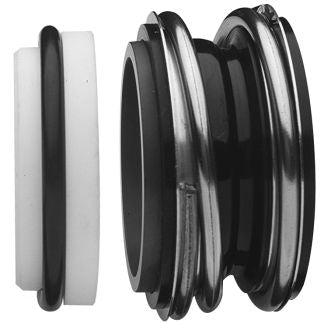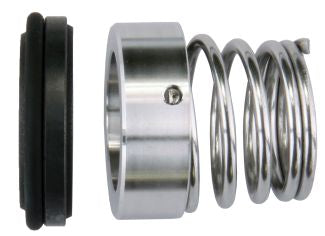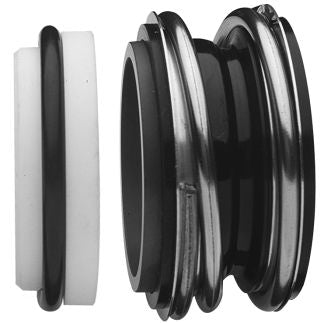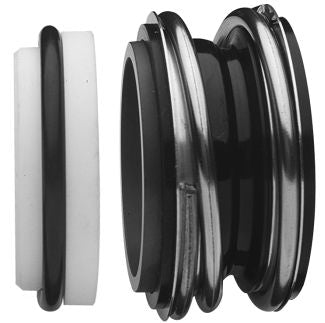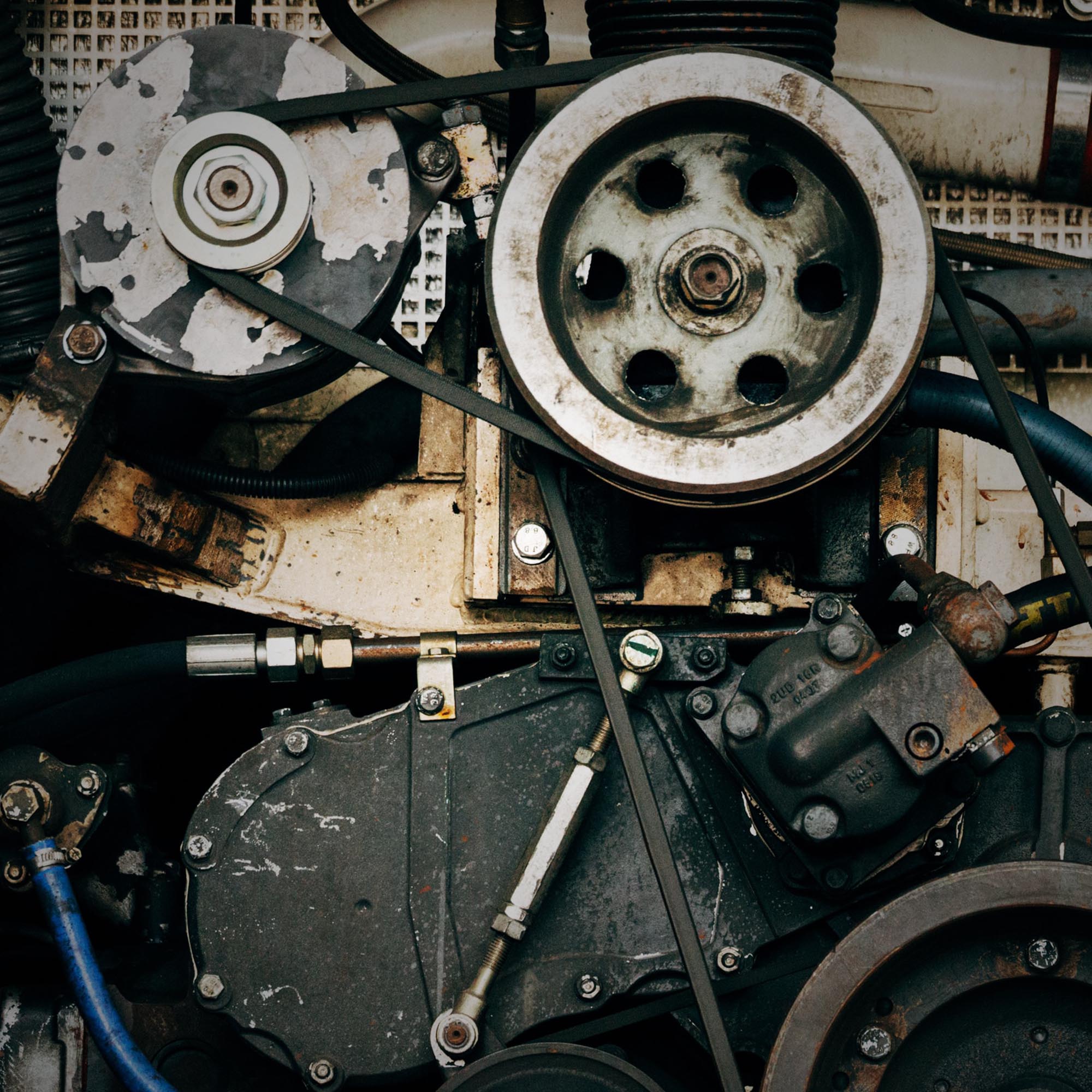
Balanced & Unbalanced Seal Variations
Seal Balance is Vital
Most seals are available in both balanced and unbalanced versions; both of which have their advantages and disadvantages.
What is seal balance and why is it important?
The balance of a seal refers to the distribution of load across the seal faces. If there is too much load on the seal faces, it can lead to a leakage of fluids from within the seal which essentially renders the seal useless. Moreover, the liquid film in between the seal rings runs the risk of vaporising.
This can result in higher wear and tear off the seal, shortening its life span. Seal balancing is therefore necessary to avoid disasters and to also elongate the life of a seal.
Balanced Seals:
A balanced seal has a higher pressure limit. This means that they have a larger capacity for pressure and they also produce less heat. They can handle liquids that have a low lubricity better than unbalanced seals.
Unbalanced Seals:
On the other hand, unbalanced seals are typically much more stable than their balanced counterparts as far as vibration, cavitation and misalignment are concerned.
The only major drawback that an unbalanced seal presents is a low pressure limit. If they are put under even slightly more pressure than they can take, the liquid film will quickly vaporise and will cause the running seal to run dry and thus fail.
The difference between balanced and unbalanced seals:
-
Balanced Seals = Less than 100%
Balanced seals have a balance ratio that is less than 100 percent, typically, they are between 60 and 90 percent.
-
Unbalanced Seals = More than 100%
Unbalanced seals have a balance ratio that is greater than 100 percent, typically, they are between 110 and 160 percent.
Order before 2pm to get same day dispatch next day delivery
Not sure if you need a balanced or unbalanced seal?
Our expert team are on hand to help you.
Our Mechanical Seals range
Check out our extenisve mechanical seal range, including replacement seals for most major manufacturers: Eagle Burgmann, John Crane, Roten/Uniten, AES, Alfa Laval, Grundfos, MTU, PAC-Seal, US Seal and more.
Our most popular mechanical seals
-
Burgmann MG12 Equivilant Mechanical Seal
Regular price From £117.19 GBPRegular priceUnit price / per -
Roten Type 2 Equivalent Mechanical Seal
Regular price From £117.19 GBPRegular priceUnit price / per -
Burgmann MG1 Equivilent Mechanical Seal
Regular price From £117.19 GBPRegular priceUnit price / per -
Burgmann MG13 Equivilant Mechanical Seal
Regular price From £117.19 GBPRegular priceUnit price / per
Looking for the perfect seal?
-
Identify the seal you need
Use toolIndentify the seal you need using our Mechanical Seal Idenitifcation tool by selecting the key design features.
-
Know your material
View guideFind out the ideal seal material for your requirement using our Mechanical Seals Materials Guide.
-
Check Chemical Compatibility
Check materialsUse our compatibility checker to ensure you are using the most effective material for your seal.

